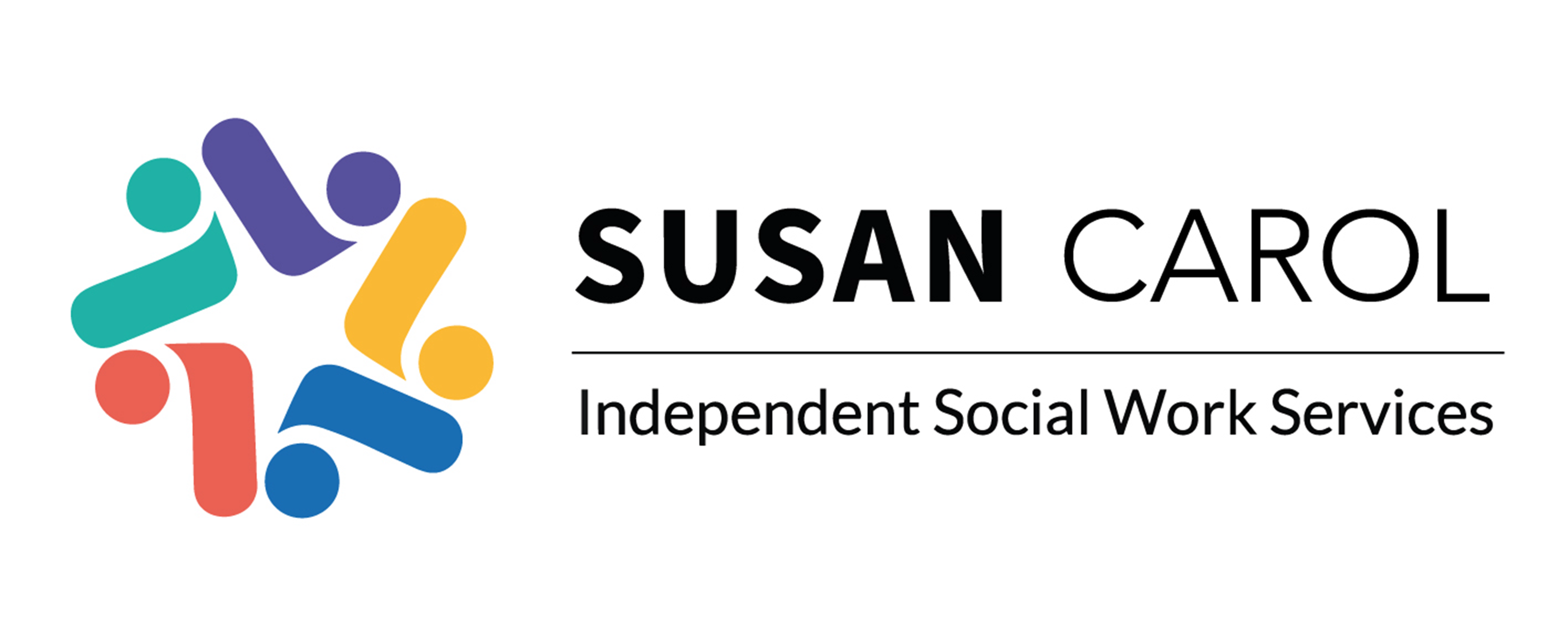I qualified as a Practice Educator in 2003 and have developed my social work practice in this area over the years to ensure I am providing social work students with a good service, so they can get the most out of their social work placement experience.
During my time as a Principal Social Worker, I was part of a regional Teaching Partnership which aimed to improve the quality of social work student placements and help bridge the gap between academic learning and practical experience.
As an independent social worker, I have devised a large amount of to learning material, to support both Practice Educators and social work students promoting a high-quality social work placement experience with tips and tools to help meet the Professional Capability Framework (PCF). For more information about the Performance Capability Framework please see:
https://www.basw.co.uk/professional-development/professional-capabilities-framework-pcf/the-pcf
Practice Educators’ level of experience can vary, and it can be a challenging role, particularly when a caseload must be balanced alongside it. I have heard lots of feedback from social work students about the quality of Practice Educators, including one who was asked to write their final own report.
To help Practice Educators and support social work students to gain the most from their social work placement experience I want to share some helpful tips and tools.
Tip – Supervision Model
I have found that some social work students have never experienced social work supervision before and don’t know what is expected of them. I recommend a model of supervision so at the start of the social work placement the student is clear about what supervision will entail, how it will be structured and what is expected of them. It also helps the Practice Educator to remain focused and clear on their role and responsibilities. This supervision model can be discussed with the social work student to help a Practice Educator clearly explain the supervision process. Please see below for an example model of supervision.
Supervision Model
“Supervision is a regular, planned, accountable process for all social workers, which must provide a supportive environment for reflecting on practice and making well-informed decisions using professional judgement and discretion” British Association of Social Workers (2011) Supervision Policy
- Practice Educators should agree on a minimum number of supervision sessions with the student as part of the placement learning agreement
- Practice Educators should refer to their own organisational supervision policy and procedures and code of conduct for guidance
- The principal functions of the supervisory process will ensure the work student:
- Is aware of and follows Social Work England standards
- Understands their roles and responsibilities as a social work student
- Discusses their development while on placement using the Professional Capabilities Framework
- Receives constructive feedback and a space for reflection on practice
- Focuses on the people using social work services, their outcomes and wishes
- Receives professional support with consideration for their health and wellbeing
- The supervision session could consist of the following to aid the Practice Educators assessment process:
- Discussion and agreement of supervision contract (initial supervision session)
- Health, safety, and wellbeing
- Minutes of the last meeting
- Induction requirements
- Training and learning opportunities
- Professional Capabilities Framework
- Review of individual workload, including casework
- Reflective practice
- Monitoring of competence in practice
- Quality assurance
- Case file audit discussion
- Service user and professional feedback
- Direct observations
- Welfare/support issues
- Absence(s) from the placement, annual leave, flexi/time in lieu, study time
- Feedback on the student experience and expectation of supervision
- Equal opportunities to discuss any issues of oppression that the supervisee wishes to raise, from personal experience to institutional and structural matters
- Jointly set and review work objectives/work plan with timescales
- Additional items any other business
Note: The Supervision Contract can be reviewed if the Practice Educator feels appropriate. It should be reviewed where there is a change of Practice Educator.
